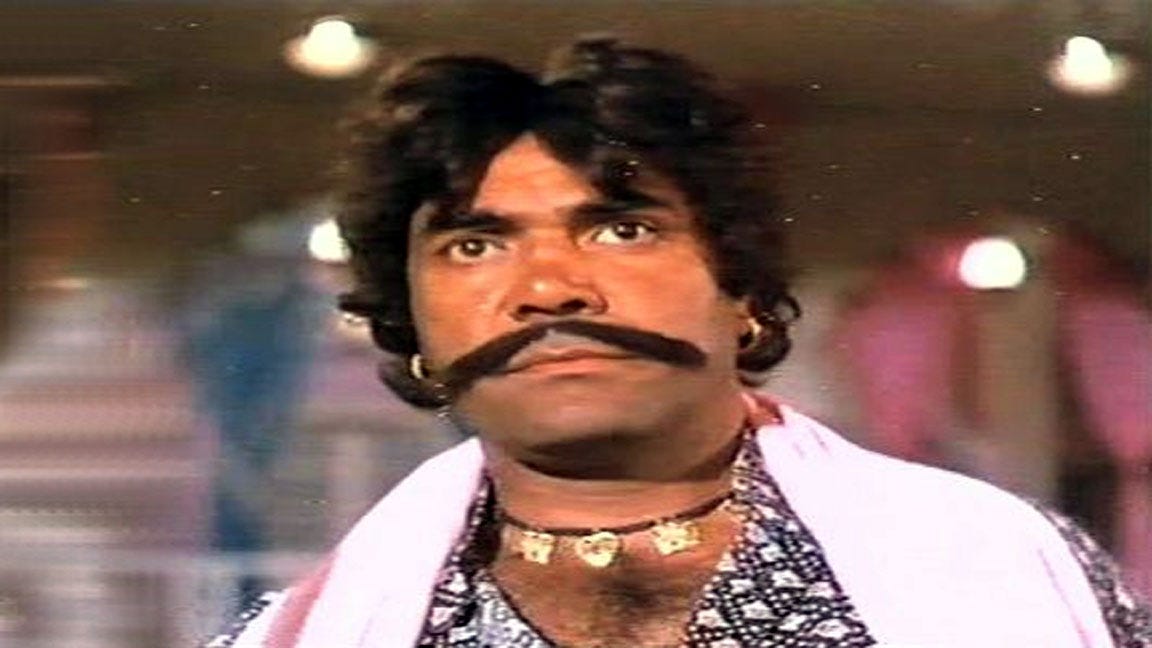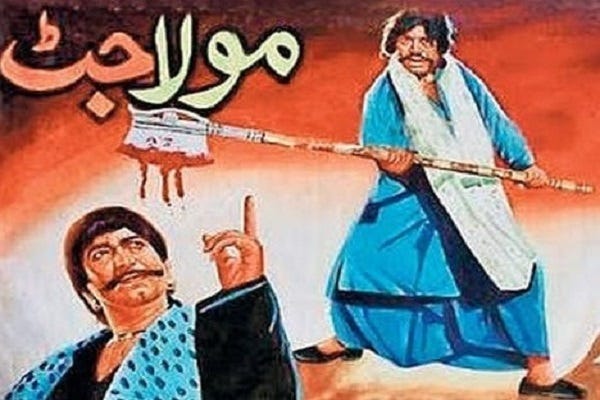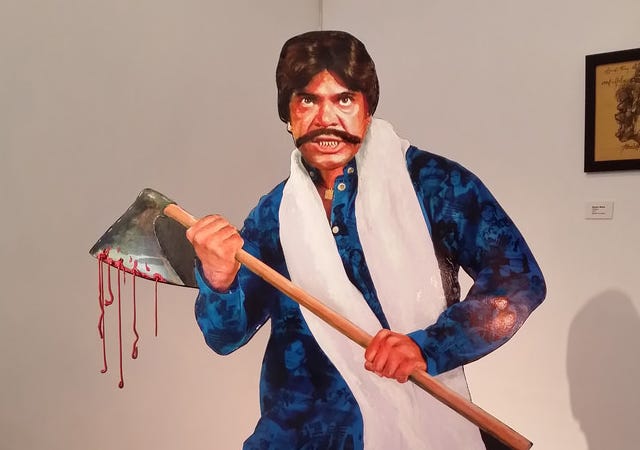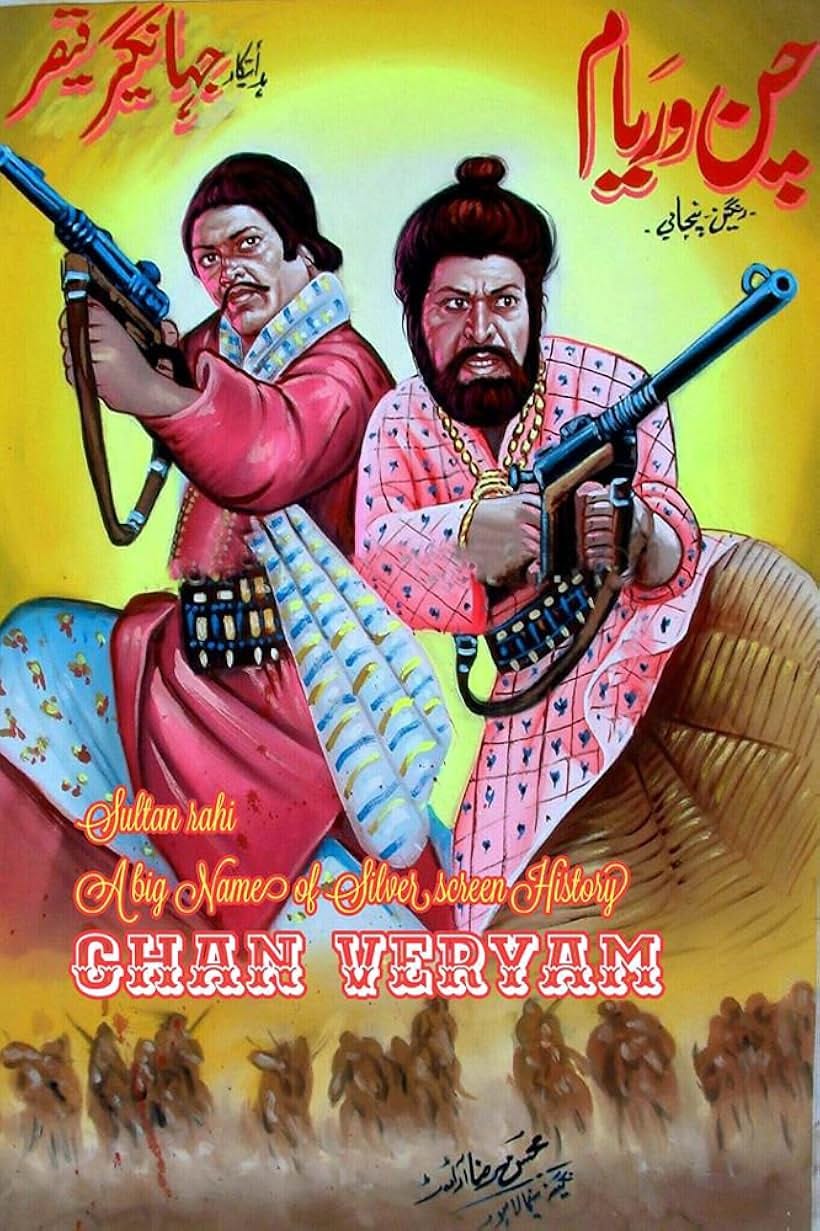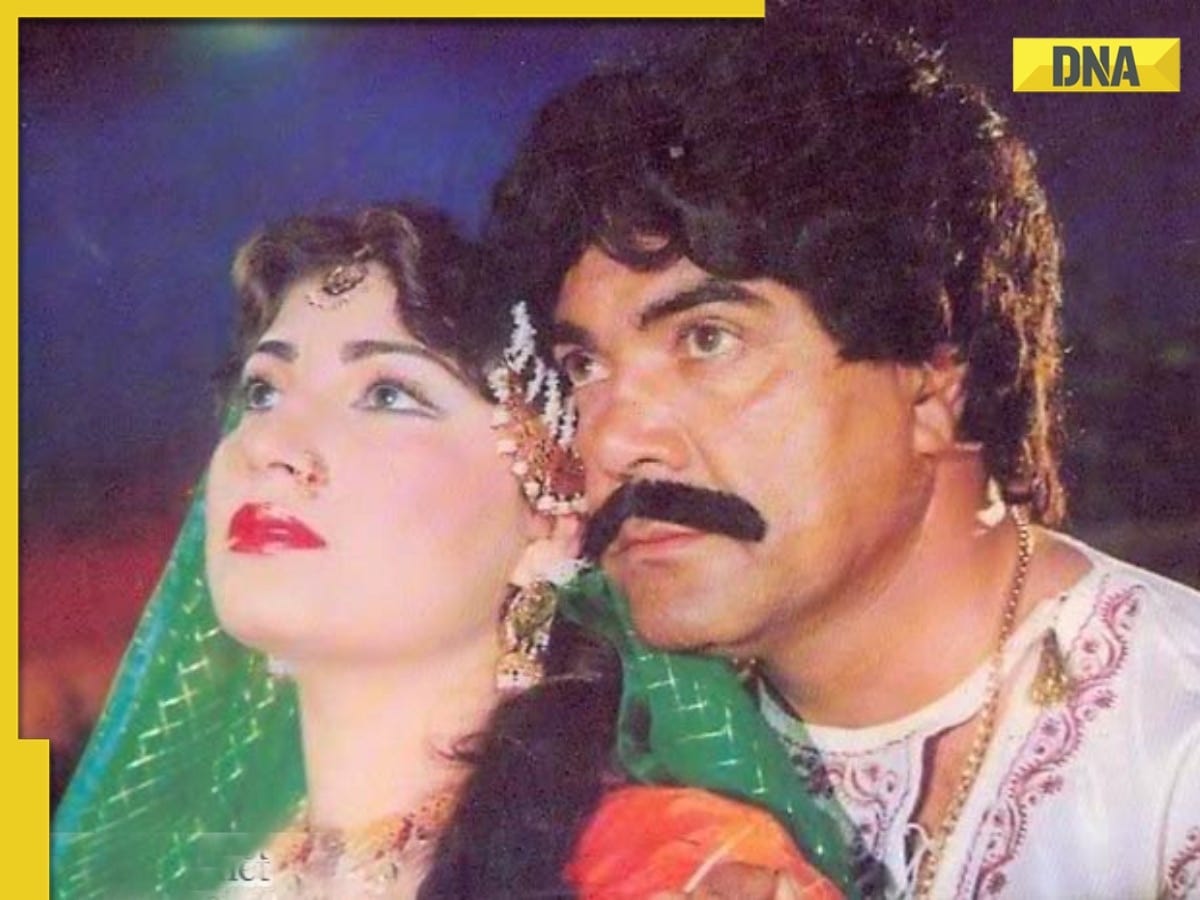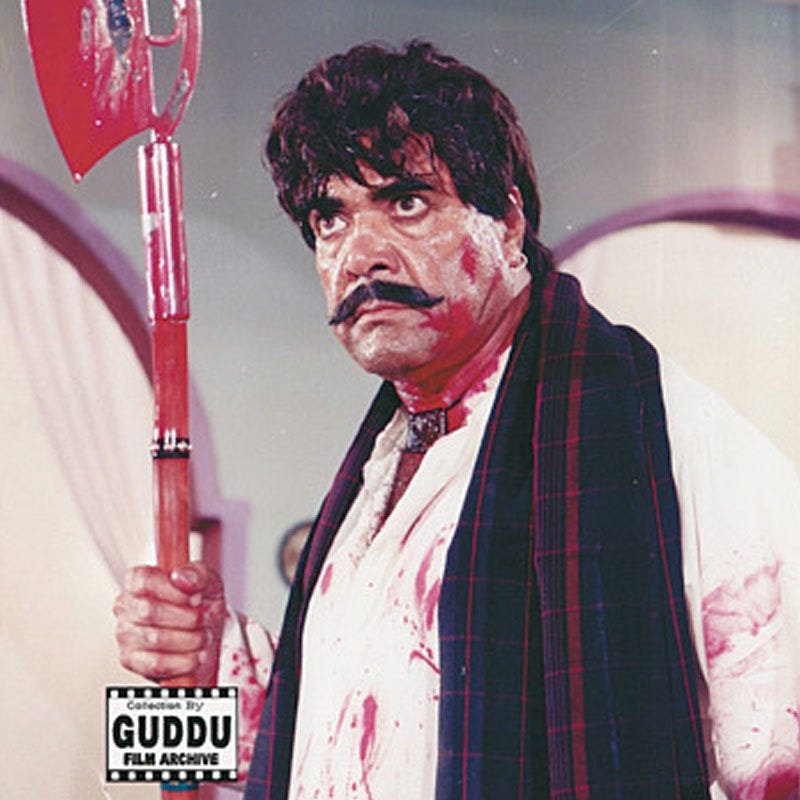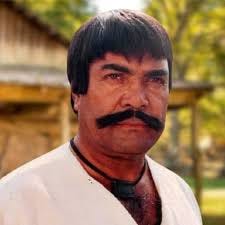The Legacy of Sultan Rahi: Pakistan’s Ultimate Action Hero
Sultan Rahi is a name that resonates with generations of Pakistani filmgoers. Widely regarded as the king of Punjabi cinema and the undisputed action hero of his time, Rahi’s career spanned over three decades, leaving an indelible mark on the Pakistani film industry. His larger-than-life presence, iconic dialogues, and unique style of action made him a legend in Pakistani cinema, particularly during the 1970s and 1980s. His legacy as an actor and cultural symbol continues to influence Pakistani cinema and the public's understanding of what it means to be a cinematic hero.
Early Life and Entry into Cinema
Born in 1938 in Uttar Pradesh, India, Sultan Rahi moved to Pakistan with his family after Partition in 1947. Like many aspiring actors of his generation, Rahi struggled in the early years of his career. He started in small roles as an extra, hoping to make a name for himself in the burgeoning Pakistani film industry. For the better part of the 1960s, Rahi appeared in minor roles, largely unnoticed by both critics and audiences.
It wasn’t until the early 1970s that his fortunes changed. The Pakistani film industry, particularly Punjabi-language films, was evolving. Audiences were looking for raw, intense action heroes, and Rahi’s rugged persona and deep voice made him a perfect fit for the roles of vengeful, justice-seeking protagonists. With his imposing frame and powerful screen presence, Rahi found his niche in the industry, and he never looked back.
The Rise of an Icon: Maula Jatt (1979)
While Rahi had already begun to establish himself as a formidable action star by the early 1970s, it was the release of Maula Jatt in 1979 that catapulted him to unparalleled stardom. Directed by Younis Malik, Maula Jatt became one of the most iconic films in the history of Pakistani cinema and cemented Sultan Rahi’s place as the ultimate action hero.
Maula Jatt was more than just a film; it was a cultural phenomenon. Set in the rural landscape of Punjab, the film tells the story of a fierce, revenge-driven villager named Maula Jatt, played by Rahi. His arch-nemesis, Noori Natt, portrayed by Mustafa Qureshi, became one of the most iconic villains in Pakistani cinema. The fierce rivalry between the two characters became legendary, with their face-offs filled with intense dialogue, stylized violence, and a dramatic exploration of themes such as honor, revenge, and justice.
The film’s dialogues became instant classics. Phrases like "Maulay nu Maula na maare te Maula nai marda" (If Maula is not killed by Maula, he cannot be killed) are still quoted by fans decades after the film’s release. Rahi’s portrayal of Maula Jatt, with his ferocious expressions, heavy Punjabi accent, and unwavering sense of justice, resonated with the masses. He was not just an actor; he became a symbol of resistance, a hero who stood up for the downtrodden, and someone who challenged the powerful and corrupt.
Maula Jatt’s success ushered in a new era of Punjabi cinema, where rural settings, intense action, and moral conflicts became the dominant themes. It also sparked the trend of the "gandasa" (a traditional agricultural tool used as a weapon in the film), which became symbolic of Rahi’s action roles and was seen in numerous films that followed.
The Punjabi Cinema Powerhouse
After the success of Maula Jatt, Sultan Rahi’s career soared. He became the face of Punjabi cinema, starring in an endless stream of action-packed films that followed a similar formula: a wronged man seeking revenge or justice, fighting against corrupt systems, and often using violent means to achieve his goals. Rahi’s on-screen persona reflected the frustrations of the common man, especially in rural Pakistan, where issues of land disputes, family honor, and corruption were prevalent.
Throughout the 1980s, Rahi became synonymous with Punjabi cinema. He worked with almost every major director of the time and often collaborated with his Maula Jatt co-star, Mustafa Qureshi, who continued to play the villain in many of Rahi’s films. Some of his other major films from this period include Sher Khan (1981), Chan Varyam (1981), and Bashira (1972). These films were huge box office hits and helped solidify the economic viability of Punjabi cinema, which dominated the Pakistani film industry during this time.
Rahi’s prolific career saw him appearing in over 700 films, making him one of the most active actors in the world. His work ethic and dedication were legendary, with stories of him working on multiple films simultaneously. His commitment to his craft and his larger-than-life performances endeared him to audiences, especially in Punjab, where his films often broke box office records.
Sultan Rahi's On-Screen Persona: The People's Hero
What made Sultan Rahi so beloved was his ability to tap into the cultural psyche of the Pakistani people, particularly in rural Punjab. His characters often represented the common man—someone who had been wronged, oppressed, or marginalized by the powerful. Whether he was taking on corrupt landlords, ruthless gangsters, or unjust systems, Rahi’s characters always fought for justice, honor, and dignity.
His physicality, combined with his emotional intensity, made his performances unforgettable. Rahi had a unique ability to switch between moments of extreme anger and tenderness, often delivering passionate monologues about justice and morality, only to erupt into violent action moments later. His fight scenes were intense and visceral, and his use of the gandasa became his signature move. In many ways, Sultan Rahi’s on-screen persona represented the archetypal Punjabi hero: fearless, loyal, and unwavering in his pursuit of justice.
Rahi's films, while action-oriented, also carried strong moral and ethical undertones. He frequently played characters who adhered to a strict code of honor, where personal revenge was not just about violence but about restoring balance and righteousness in a corrupt world. This deep connection between his roles and the socio-political issues of the time resonated with audiences, who saw in Rahi a reflection of their own struggles and aspirations.
A Tragic End and Unmatched Legacy
Tragically, Sultan Rahi’s life came to a violent end in 1996 when he was shot and killed in an attempted robbery on the Grand Trunk Road near Gujranwala. His death sent shockwaves through the film industry and among his fans, who mourned the loss of Pakistan’s greatest action hero. It was a tragic and ironic end for a man who had spent most of his career playing larger-than-life characters who often met their foes in violent confrontations.
Despite his untimely death, Sultan Rahi’s legacy endures. He remains an iconic figure in Pakistani cinema, particularly in the context of Punjabi films. His work defined an entire era of Pakistani cinema, and even today, actors and filmmakers look to him as a source of inspiration. The formula of the Punjabi action hero, established by Rahi, continues to influence the genre, and his films are still watched and celebrated across Pakistan.
Rahi’s impact on the film industry goes beyond box office numbers. He represented a unique cultural moment in Pakistan, where cinema became a platform for expressing the frustrations and hopes of the rural and working-class population. Through his films, Rahi gave a voice to those who felt marginalized and powerless, offering them a hero who was unafraid to challenge injustice.
Conclusion
Sultan Rahi’s contributions to Pakistani cinema are unparalleled. He was more than just an action hero; he was a cultural icon who shaped the way masculinity, honor, and justice were portrayed on screen. His films, particularly Maula Jatt, remain some of the most beloved and influential in Pakistani cinema history. While his life was cut short, his influence on the industry and his place in the hearts of his fans remain intact. Sultan Rahi was, and will always be, Pakistan’s ultimate action hero.




